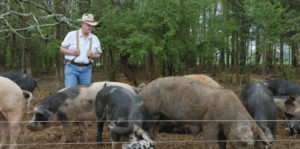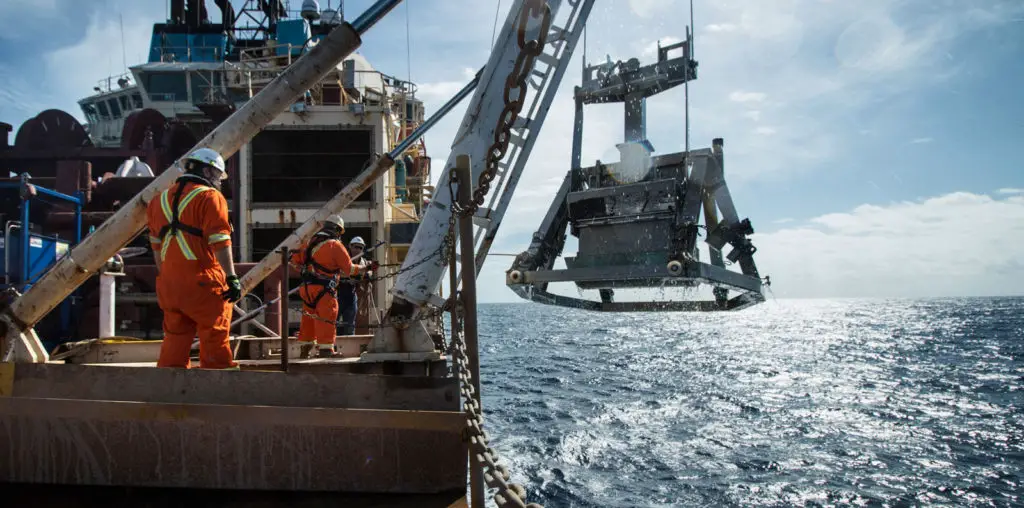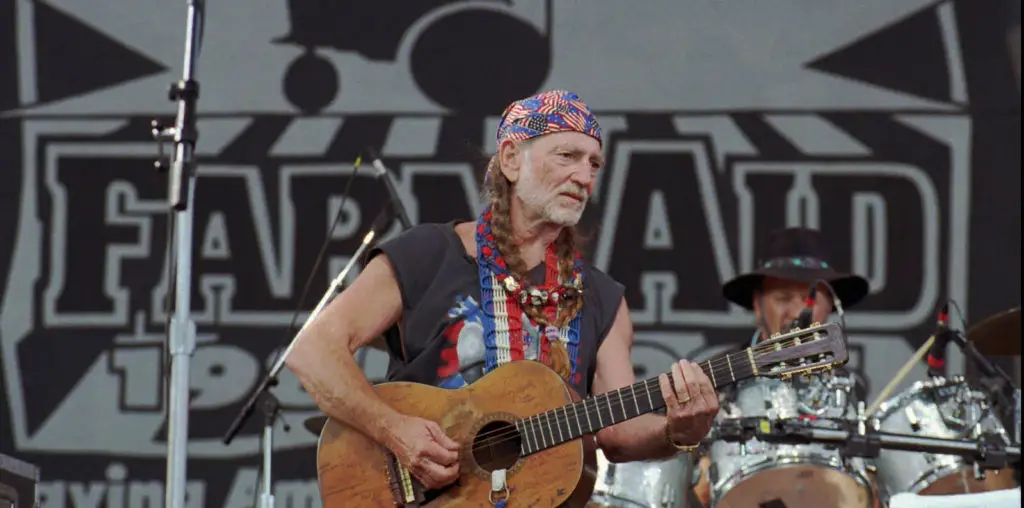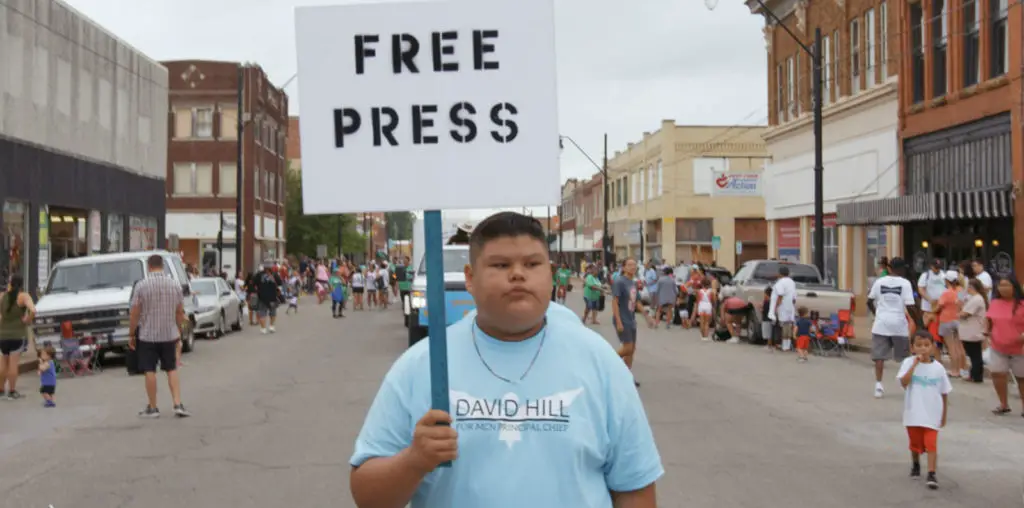
Throughout Food and Country, Reichl talks to all at their most vulnerable during the lockdown, including vegetable purveyors to the best chefs in America. Bob and Lee Jones have been farming their family’s land in Huron, Ohio, for decades. With thousands of restaurant closures in the early days of the pandemic, they are forced to lay off workers and diversify their customer base. One of Reichl’s best friends, the legendary chef, restaurateur, and author Alice Waters’s restaurant Chez Panisse, had to face Covid like everyone else. Waters pioneered the farm-to-table movement and California cuisine, which centers on local, sustainable agriculture, a growing, and essential element of dining, even more so nowadays.
Reichl also keeps in touch with Kansas cattleman Steve Stratford who has been fighting consolidation in the beef industry for years. Now, with processing plants pinching producers even more, he rallies local ranchers to lobby the United States Congressional Agriculture committee to fight the unfair practices of the meat-packing industry, specifically proposing how there should be more packing plants. In addition, they should be at least 300 miles apart to create a better food delivery system and environment. His fight is one of the most fascinating and a reality few know.
“…reveals how decisions made in the 1950s have not served U.S. citizens well…”
Food and Country captures incredible emotional moments during the pandemic. We walk on the streets of Harlem with Ethiopian-born Swedish-American chef, restaurateur, and television personality Marcus Samuelsson. Reichl speaks with third-generation Chinese-American chef Brandon Jew, whose Michelin-star restaurant, Mr. Jiu’s, celebrates his Chinese heritage. He acknowledges how San Francisco’s Chinatown and Chinese people were hit hard as the pandemic set in. Food challenges during the lockdown indirectly allowed societal’s ugly bigotry and racism to rise out of fear and scarcity.
Food and Country is another documentary, like many others of late, that reveals how decisions made in the 1950s have not served U.S. citizens well and created disproportionate wealth and ownership. When breaking down the food supply system, we discover that what we eat needs to be appropriately handled. Unfortunately, ownership is far away from our soil. Through this Herculean task of bringing so many voices and frontline food workers into the spotlight, Gabbert serves an audience who would like to know more and make a change for the better. Hopefully, this will offer inspiration and hope to work toward a healthier nation from within and above ground with every living animal, human, and plant.
Food and Country screened at the 2023 Sundance Film Festival and the 2023 SXSW Film Festival

"…captures incredible emotional moments..."


